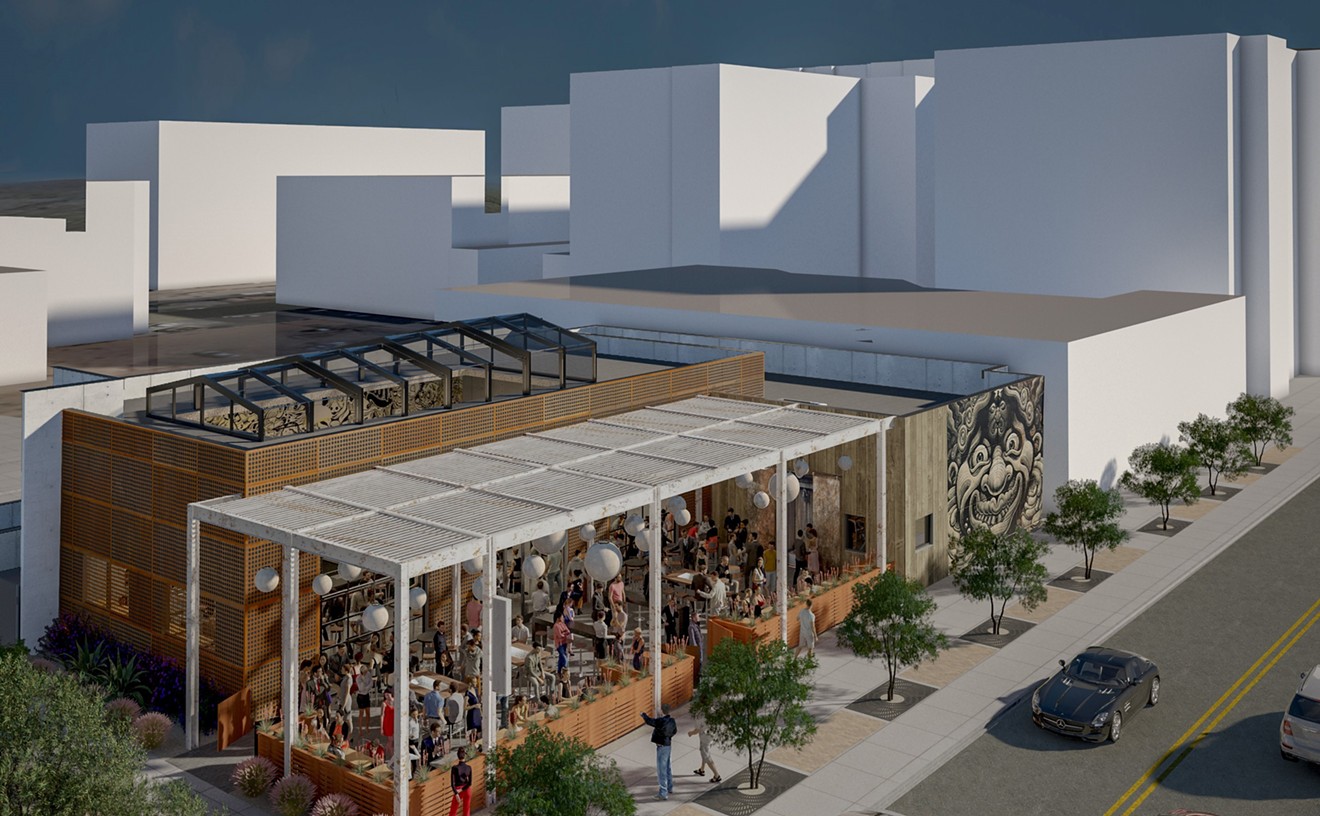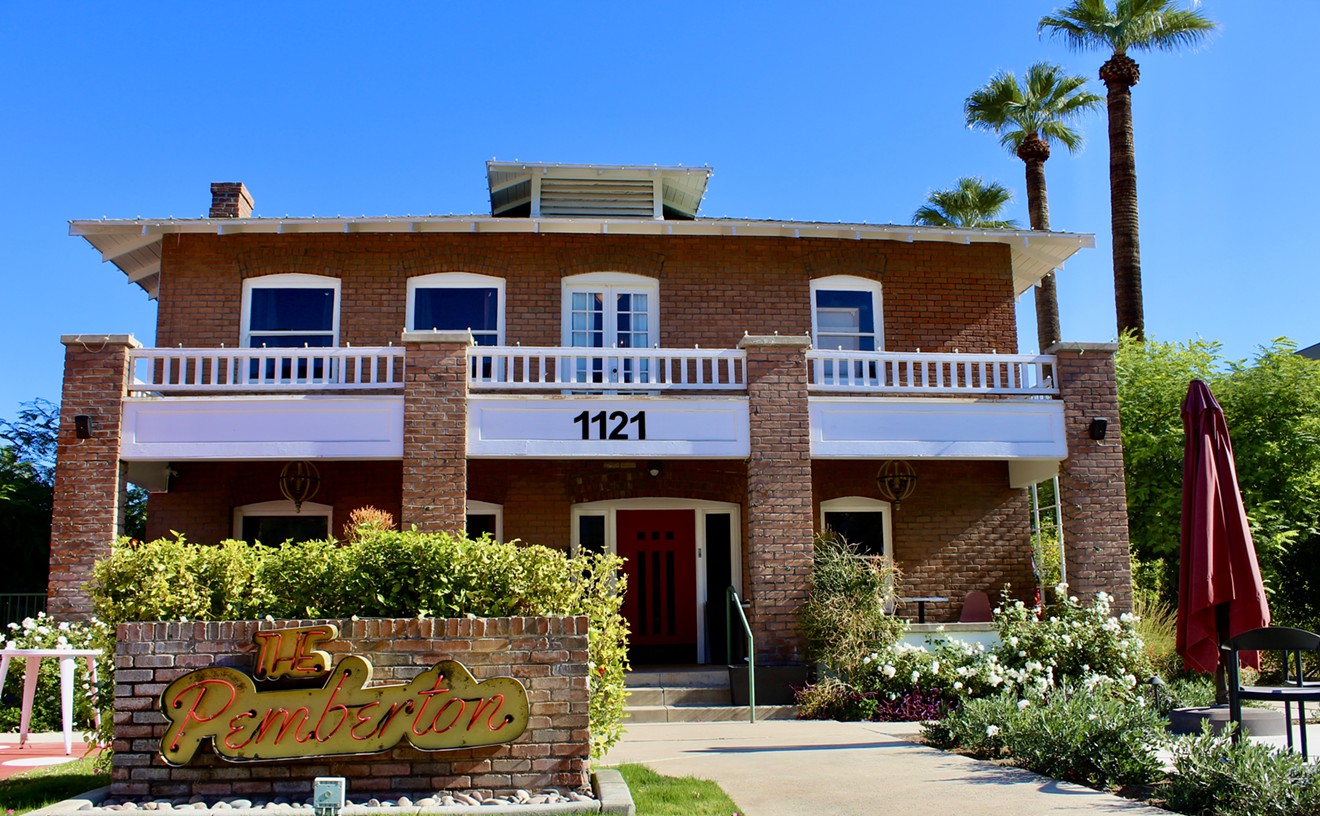We think the name The Baker's Daughter is a pretty cool name for a chocolatier and bakery café, and a fitting moniker for the chocolatier and pastry chef Christine Boerner's new business. Christine is the daughter of Karl Boerner, the baker behind Karls' Quality Bakery. What childhood memories stand out growing up as a baker's daughter? The bakery and my parents owning a business was what I knew, I didn't really think about my life being different from anyone else's. When my sister, Katryn, and I were small, my parents would wake us, dress us, bathe us and take us with them to the bakery. We had beds made up in the backroom, in cubbies, where we would nap. Our drawings are still on those cubbies!
If we misbehaved, mostly for bickering, we had to stand in the corner with our arms held straight out for five minutes. If we dropped our arms, my dad would notice and tell us "Up, up!" (Laughter)
training as a apprentice in Europe and tips for bakers after the jump
By the time I was twelve I was manning the ovens. As we got older, we came to the bakery after school and swim practice and helped clean up, cut out cookies, and arrange display plates. My nickname at school was "doughnut girl" because I smelled like the bakery, flour and sugar. (More laughter)
Holidays were the busiest time of the year. While my friends were off on vacation, my sister and I would be helping in the bakery. My first Christmas away from the hustle-bustle, I was with my grandparents in Vienna. It was so quiet, we sat down, calmly for tea, not what I was used to.
With a father who was a baker, were your meals at home special?
My dad would steam fish, rice and vegetables or roast meat in the ovens at the bakery. Everything we ate was made from scratch. Our school lunches were croissants or quiche from the bakery with fresh fruit, all packed in #4 white bakery bags. My mom would tuck notes in the bags with dessert, "Thinking of you" and "Ich liebe dich!" (I love you!)
Did other kids want to trade for your lunches?
Sometimes we would trade for a Lunchable or a cafeteria lunch, not often.
Did you want to be a baker or a pastry chef when you were a kid?
Not really. I wanted to be an architect. I decided to go to Europe after high school to study. I was in Austria and took the exams to enter architect school there, but my German wasn't good enough. I decided to stay for language school, and while in school I worked in food stands and coffee houses.
I really liked working with my hands, being creative, and working with customers. I remembered it was what I liked about the bakery at home. Talking with my dad I realized that working in pastry I could do what I liked to do, and eventually be my own boss. I decided stay in Europe to be an apprentice in pastry.
Is it difficult to become an apprentice in Europe?
We have a family relationship with the Hofmann's who own a boulangerie and patisserie in Switzerland; my father did his first chocolate apprenticeship with the owner's grandfather. I had visited there with my family when I was twelve. It is difficult to arrange without having a work permit and a potential employer.
Is the culinary school system in Europe different than in the States?
Very! In Europe, culinary students attend school and work as apprentices. School and work experiences are tied together. You must work in an establishment that has a certified master chef willing to train you. School is more than baking technique. We learned everything about running a bakery; time management and efficiency of production, food safety, cost controls, energy efficiency, and even equipment maintenance!
How long was your apprenticeship?
Three years. I worked 4 days a week and attended school 2 days a week. The pay was minimal, but your boss pays for your school tuition. To earn my diploma I had to pass written and oral exams in school. Then there was a 9-hour practical exam in the kitchen with 2 examiners. I had to complete 52 products in those 9 hours. There were 18 students that started school with me, 12 took the exam, and 10 of us passed. I received the highest marks for my region, earning a gold for my diploma.
Did you have a vision for The Baker's Daughter while you were an apprentice?
I promised my parents I would come back after my training. I thought I would just come back and work with my dad. I did chocolate work last Easter, molded bunnies and hand formed bunnies, all sorts of bunnies. Then I did some chocolate work for The Sunnyslope Art Walk and began to get special customer requests. We started to talk about the chocolate business, my parents helped guide me through the planning, and now here it is!
Have you had to make any adjustments in your work since returning from Europe?
Mostly, reworking recipes because of ingredient differences. The tap water here has more chemicals and minerals, so I use filtered water to keep flavors clean. I have found a difference in eggs, dairy products and other ingredients. At Hofmann's we had an IP rating; all ingredients came from within a 15 km radius of the business, only local dairy and wheat products. That is more challenging to accomplish here. Even the alcohol content of liqueur is different. So yes, mostly adapting to ingredient differences.
Do you have some tips for home bakers?
Be courageous! Don't be intimidated by a baking failure, try again!
Learn about ingredients, what they do in a recipe and why things work together. Pay attention to the seasons, ingredients like flour from wheat have seasonal differences. For example: your perfect summer bread recipe is a failure when the weather is cold because summer wheat and winter wheat have different gluten content. You have to know your products. In baking be precise with your measurements!
Favorite tools in the kitchen:
A thermometer I won in a competition, it reads temperature, has a timer and a read out for atmospheric conditions! Kitchen scale. I have a favorite offset spatula for my chocolate work, and my granite top table.
Tomorrow Christine shares a recipe for Rocher.









